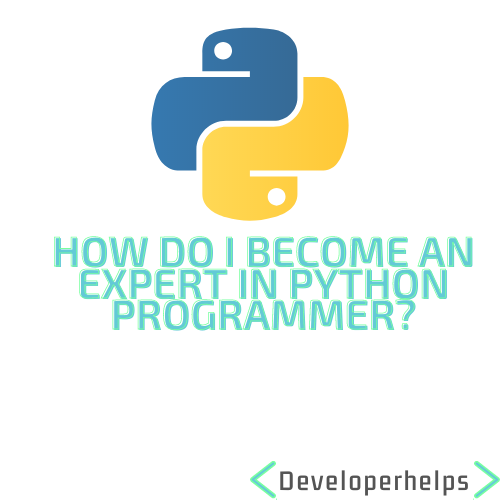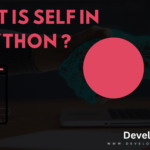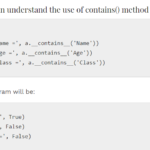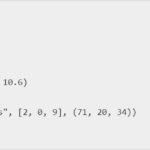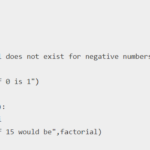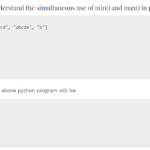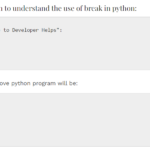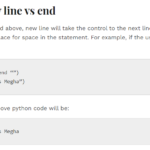In this tutorial, we will learn about how do I become an expert Python programmer. Python is a high-level, interpreted programming language known for its simplicity and readability. Created by Guido van Rossum and first released in 1991, Python has gained immense popularity due to its versatility and ease of use. It is widely used for web development, data analysis, machine learning, artificial intelligence, automation, and scripting.
One of Python’s key strengths is its clear and concise syntax, which resembles plain English and makes it accessible to beginners. The language emphasizes code readability, focusing on clean and well-structured code that is easy to understand and maintain. Python’s design philosophy, often referred to as the “Pythonic” way, prioritizes simplicity and clarity.
Python supports multiple programming paradigms, including procedural, object-oriented, and functional programming styles. This flexibility allows programmers to choose the most appropriate approach for their projects. It also offers extensive standard libraries, providing a wide range of tools and functionalities to simplify development.
RELATED POST: How to remove a character from a string in Python
How to Become an Expert Python Programmer?
1. Master the Fundamentals
Start by thoroughly understanding the fundamental concepts of Python, such as variables, data types, control structures, functions, and object-oriented programming. Practice writing clean and efficient code to develop good programming habits.
2. Explore Advanced Topics
Dive into more advanced topics based on your interests and career goals. This may include web development frameworks like Django or Flask, data analysis libraries like Pandas or NumPy, or machine learning frameworks like TensorFlow or PyTorch. Delve deeper into these areas through books, online courses, and practical projects.
3. Build Real-World Projects
Apply your knowledge by working on real-world projects. Create web applications, automate repetitive tasks, analyze data, or contribute to open-source projects. Building projects exposes you to different challenges, helps you understand real-world scenarios, and provides valuable hands-on experience.
4. Collaborate and Learn from Others
Engage with the Python community and learn from experienced developers. Join coding forums, attend meetups or conferences, and participate in online communities. Collaborating with others allows you to gain insights, learn best practices, and discover new approaches.
5. Continuously Enhance Your Skills
Stay updated with the evolving Python ecosystem. Follow influential Python blogs, subscribe to newsletters, and explore emerging trends and technologies. Continuously learning and adapting to new developments keeps your skills relevant and ensures you remain at the forefront of Python programming.
6. Optimize Code and Performance
Focus on writing efficient and optimized code. Learn about algorithms, data structures, and optimization techniques. Understand time and space complexity. Practice code profiling and refactoring to improve performance.
7. Teach and Mentor Others
Share your knowledge by teaching and mentoring aspiring Python developers. Teaching helps solidify your understanding of concepts, while mentoring allows you to guide others in their learning journey. Explaining concepts to others challenges you to think critically and enhances your own expertise.
8. Contribute to the Community
Give back to the Python community by contributing to open-source projects, answering questions on coding platforms, writing tutorials or blog posts, and sharing your insights. Contributing not only helps others but also strengthens your skills and reputation within the community.
Conclusion
Remember, becoming an expert Python developer requires dedication, continuous learning, and practical experience. Embrace challenges, stay curious, and remain committed to improving your skills. With persistence and a growth mindset, you can achieve expertise in Python and excel in your programming career.

